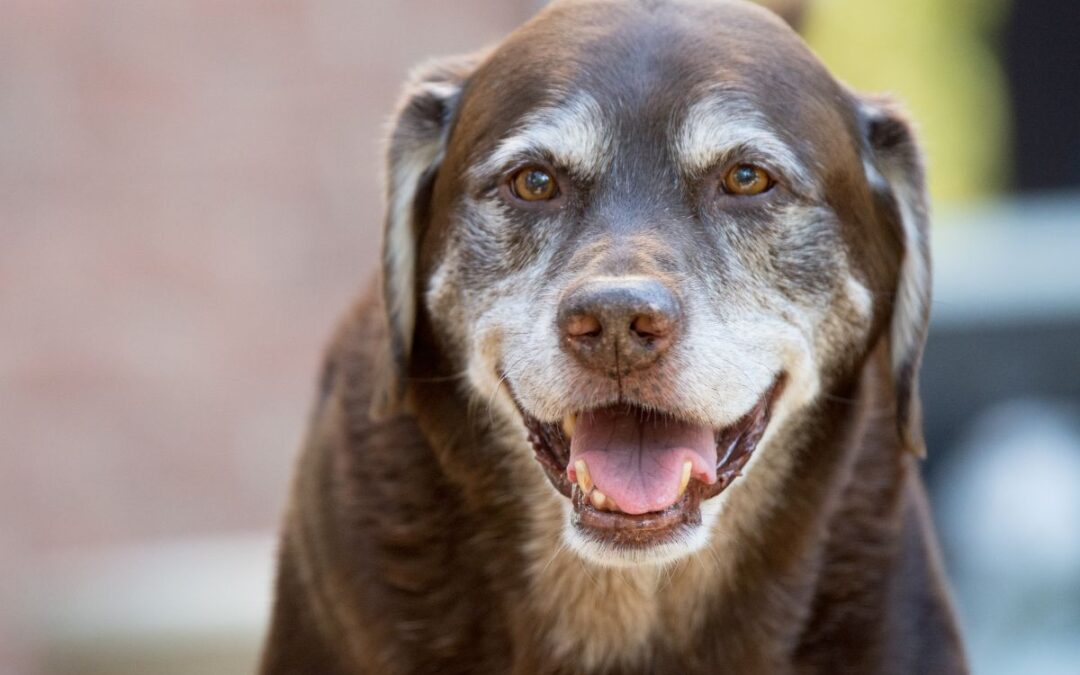“I love puppies, but there is nothing like the sweet soul of an old dog”
We could spend a lifetime with our pets and it would still not be enough. It is heart breaking watching our pets age, but as pet owners there is a lot we can do to help them live longer, happier, healthier lives.
Radiographic Screen – There is no good single test to screen for underlying cancer. Most cancers will not show up on bloodwork. In an older pet, It is never a bad idea to take screening radiographs of the chest and abdomen to screen for any notable masses.
Diet – A senior pet will not have the same nutritional requirements as a youngin. Many senior diets will have reduced calories, supplements, and antioxidants to promote healthy aging. Maintaining a healthy weight in seniors will reduce stress on joints.
Supplements – Omega 3s are excellent natural supplements with anti-inflammatory properties that benefit the heart, brain, joints, skin/coat, kidneys, eyes. Glucosamine HCl and chondroitin are proven ingredients that reduce joint inflammation and protect the cartilage. Start early in large breed dogs or pets predisposed to osteoarthritis.
Cognitive Health – Certain diets, Omega 3s and other supplements may help improve cognitive function. Socialize them, play games, use puzzles.
Dental Disease – Take care of their teeth. Dental disease is painful and can significantly impact their quality of life. One of the most joyful parts of my job is to address bad teeth and have their owners tell me their pet is more active, playful, & eating better. A lot of pet parents are anxious to put their senior pet under anesthesia for a dental. Age is not a disease but comorbidities should be ruled out to see if your pet is a good candidate for anesthesia. See my previous posts on home dental care!

